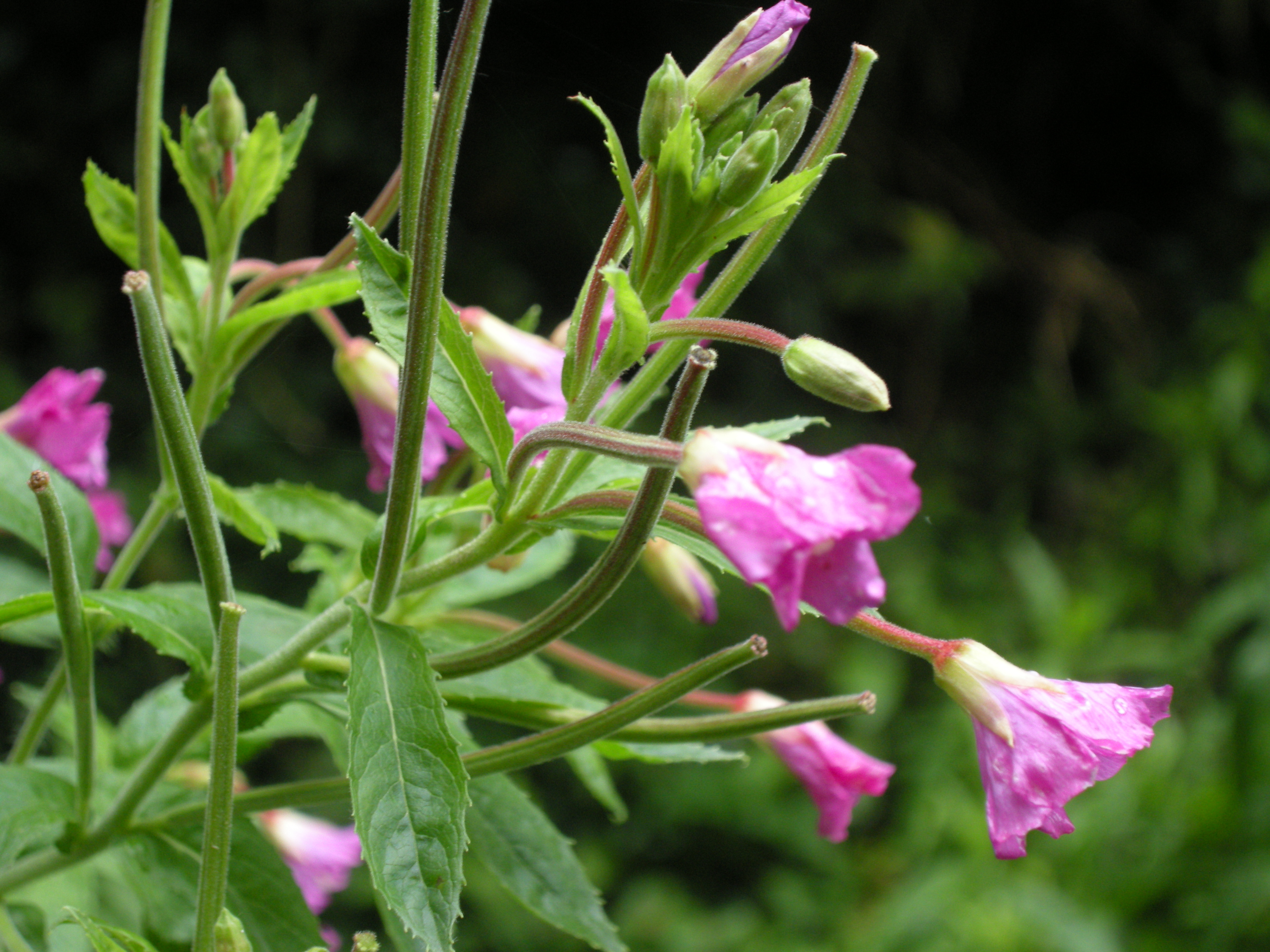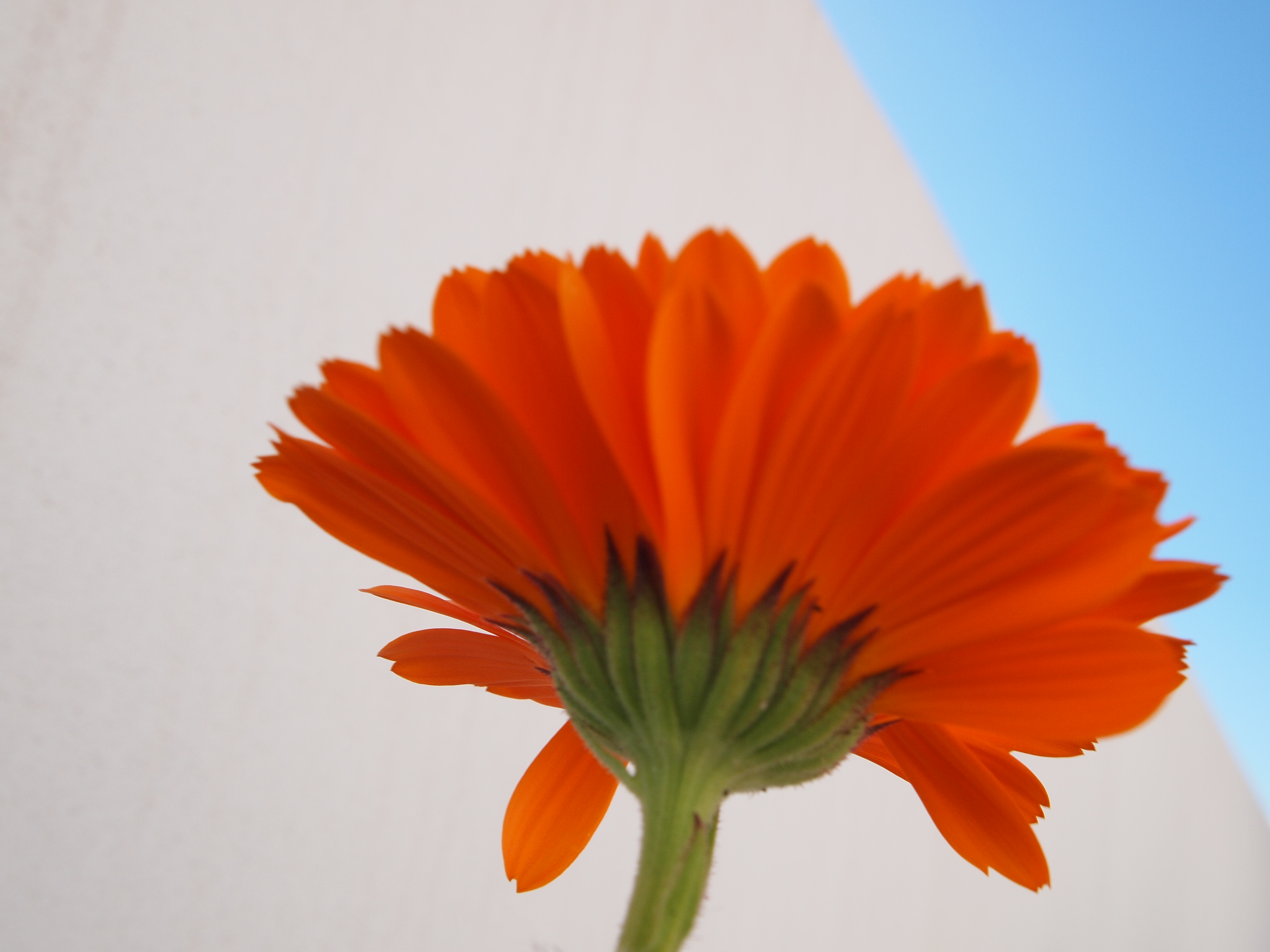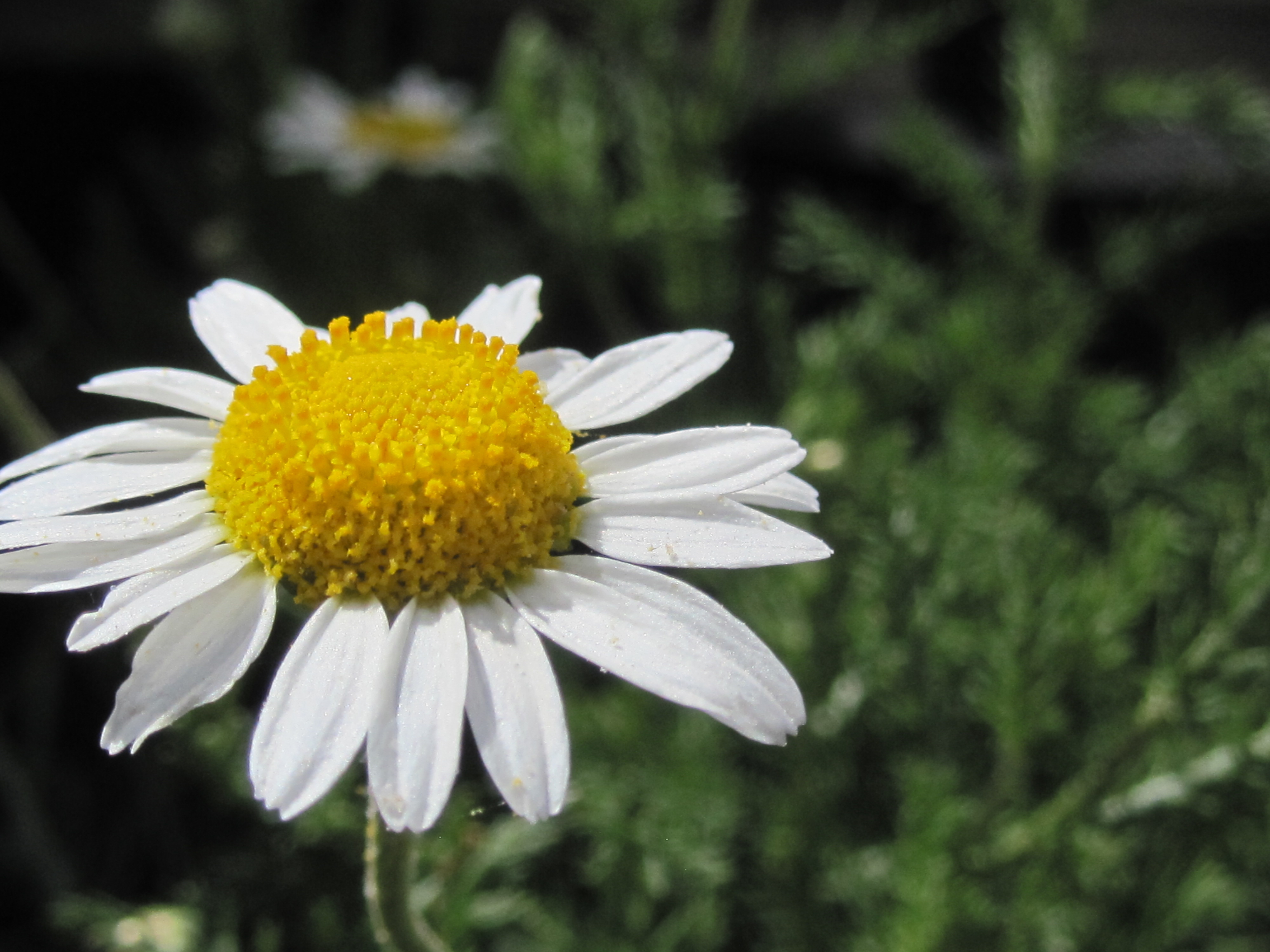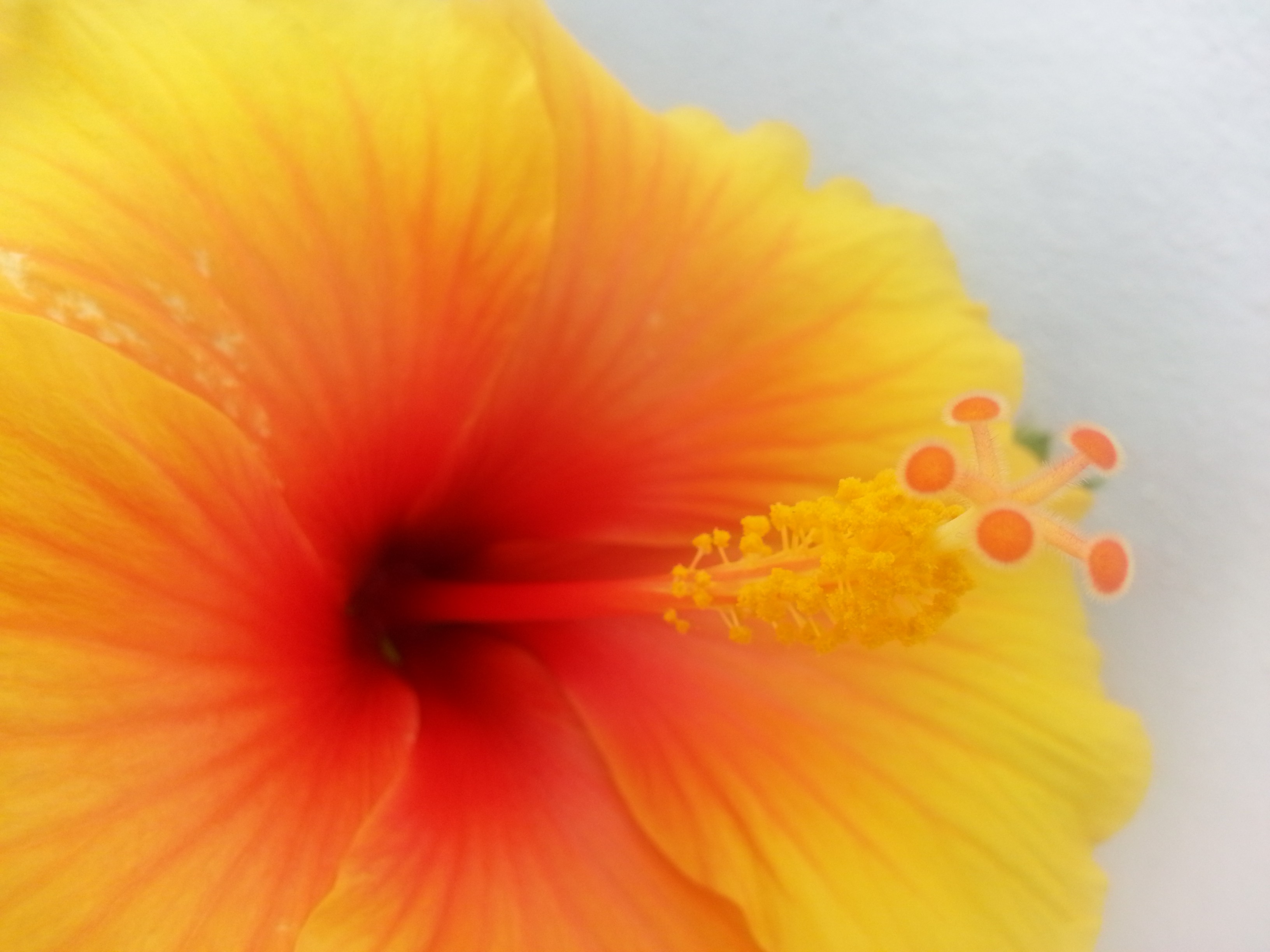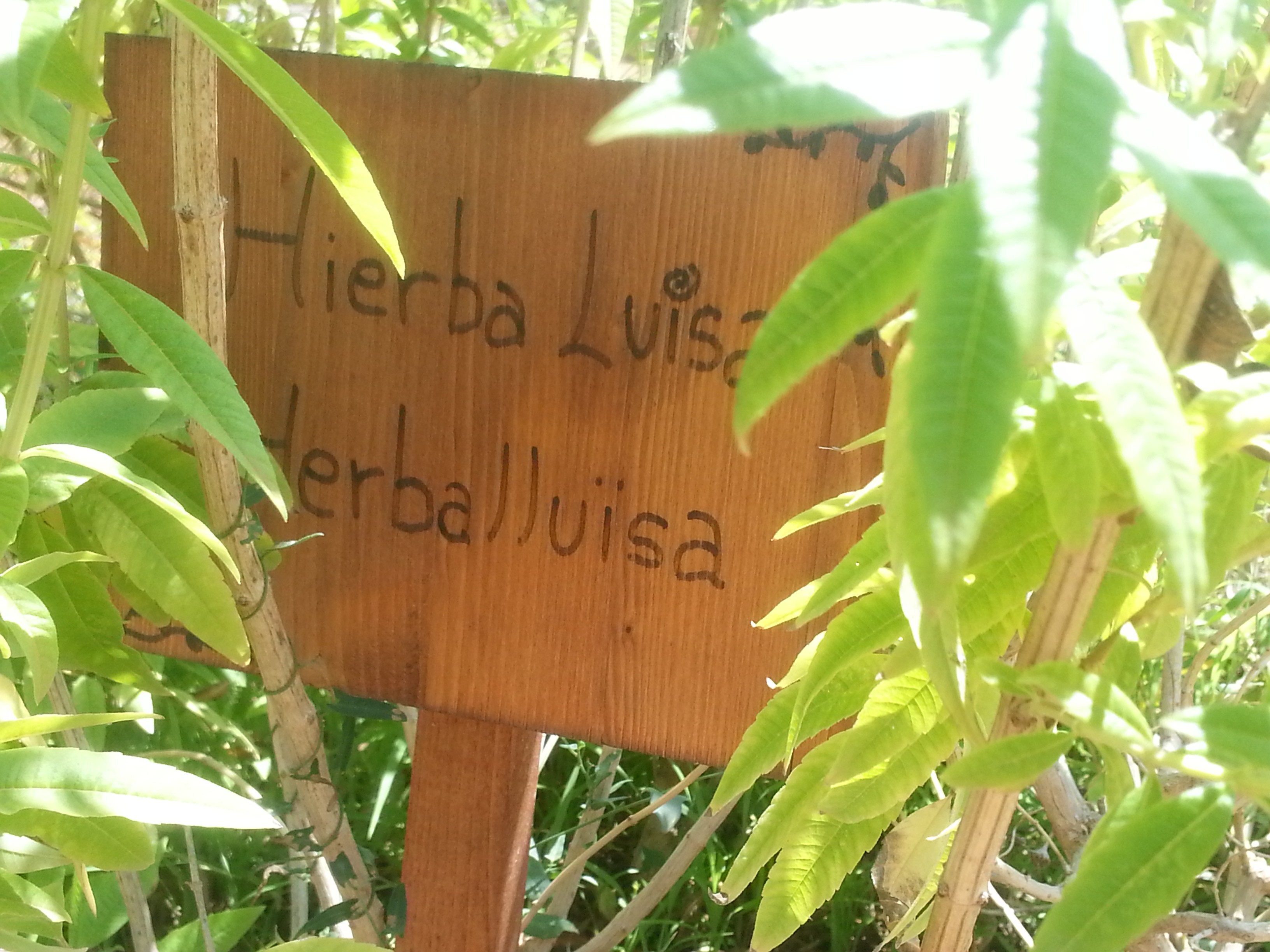Herbal Medicine
Also known as herbalism, phytotherapy or botanical medicine. It is a medical system based on the use of plants or plant extracts that may be eaten, ingested or applied to the skin. It is the most ancient form of medicine, and still the most common form of medicine used in the world today.
How Herbal Medicine Works
Apart from culinary uses of herbs for taste, colour, texture and their essential nutrients for daily dietary requirements, herbs are used medicinally according to their phytochemical actions.
Phytochemicals are naturally occurring chemical compounds found in plants, formed during the plant’s normal metabolic processes. They are classed into different groups based on their structure and have different actions.
For example, tannins found in tea, phytoestrogens found in vegetables like soy and flavonoids from red/purple berries and fruit. Anthraquinones from Aloes and Senna pods, are known for their laxative effects. Linseed & slippery elm are known for their mucilage content and digestive support.
Chemicals have long been isolated from plants and synthesised. These are considered pharmaceutical drugs i.e., digoxin isolated from the foxglove plant (Digitalis lanata).
Another example is salicin from the willow tree bark (Salix alba) better known commercially as ‘aspirin’. Willow bark is classed as an analgesic (pain reliever) but also as an anti-inflammatory due to both its salicin and flavonoid content.
These phytochemicals in combination (as found naturally in a plant) can work together providing a synergistic action, giving a plant its unique characteristics, personality, and therapeutic properties.
How Herbal Medicine Is Used
Herbal Infusions
Teas are one of the best ways to get the most out of your herbs by infusing the leaves or flowers in hot water or with roots – boiling them. Teas can be taken internally and externally for baths, compresses, and poultices.
Powders, Capsules & Tablets
Powders are a great way to take spices, roots & seeds. Although widely used in cooking, herbs and spices such as turmeric, licorice, cinnamon, nutmeg, can be taken in capsules or in a more solid form such as tablets for ease of use.
Fluid Extracts & Tinctures
Produced from the fresh or dried plant. The soluble plant constituents are extracted with alcohol (or glycerine, vinegar). This is the most convenient way to take herbal medicines especially at higher potencies.
Cold pressed, Fixed & Essential Oils
These include the oils we use on our foods and to cook with. These are also the oils used alongside fixed oils and essential oils for massage bodywork and for restoring the skin and senses.
